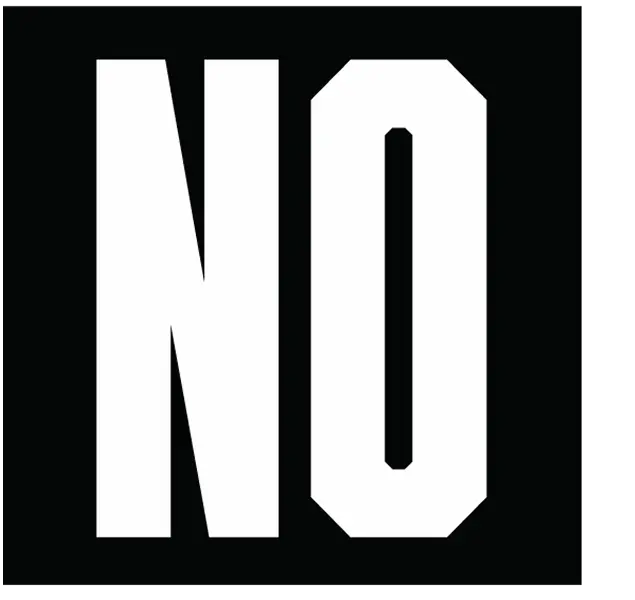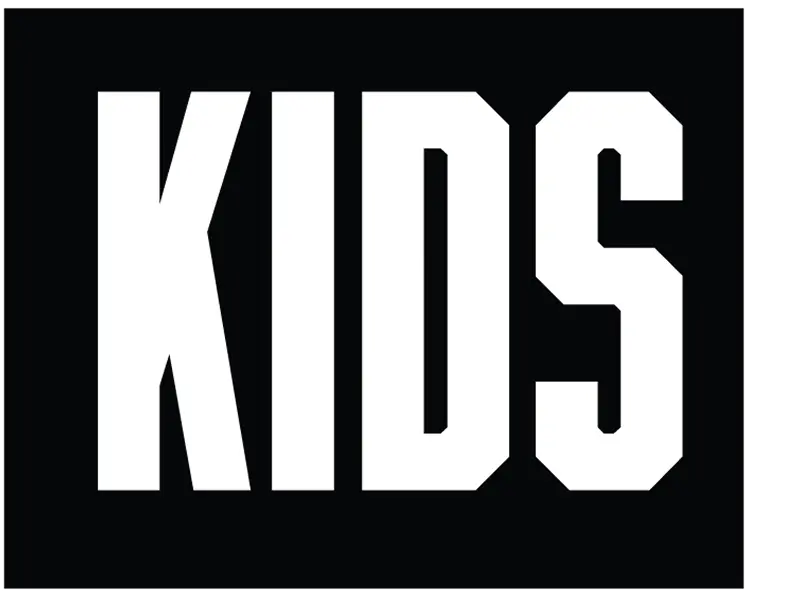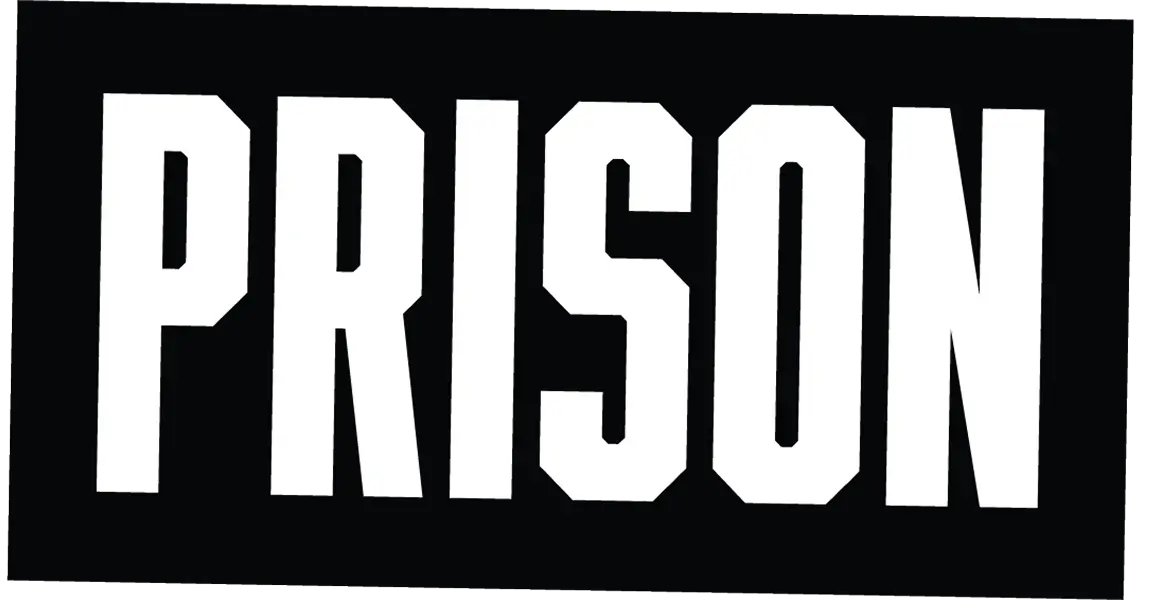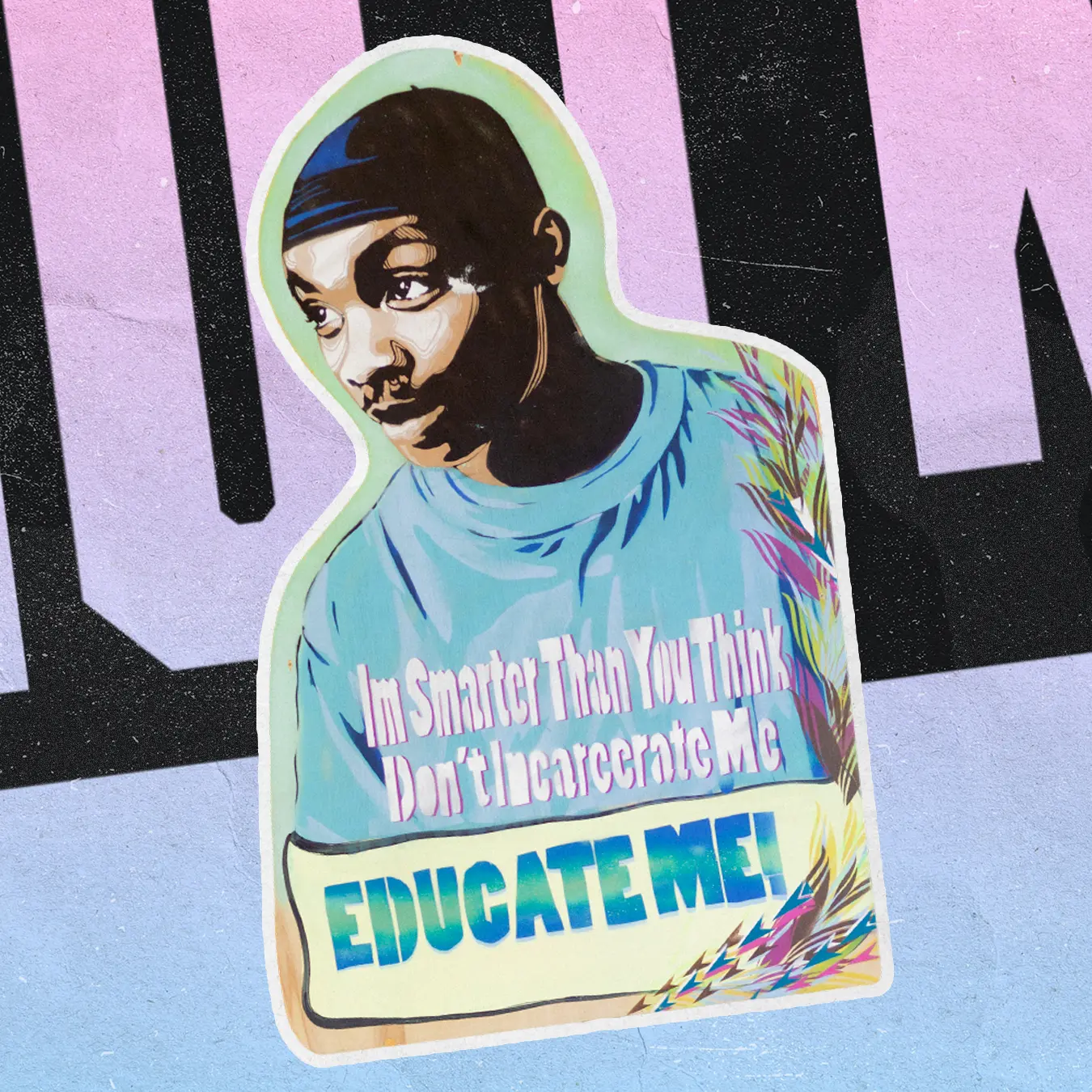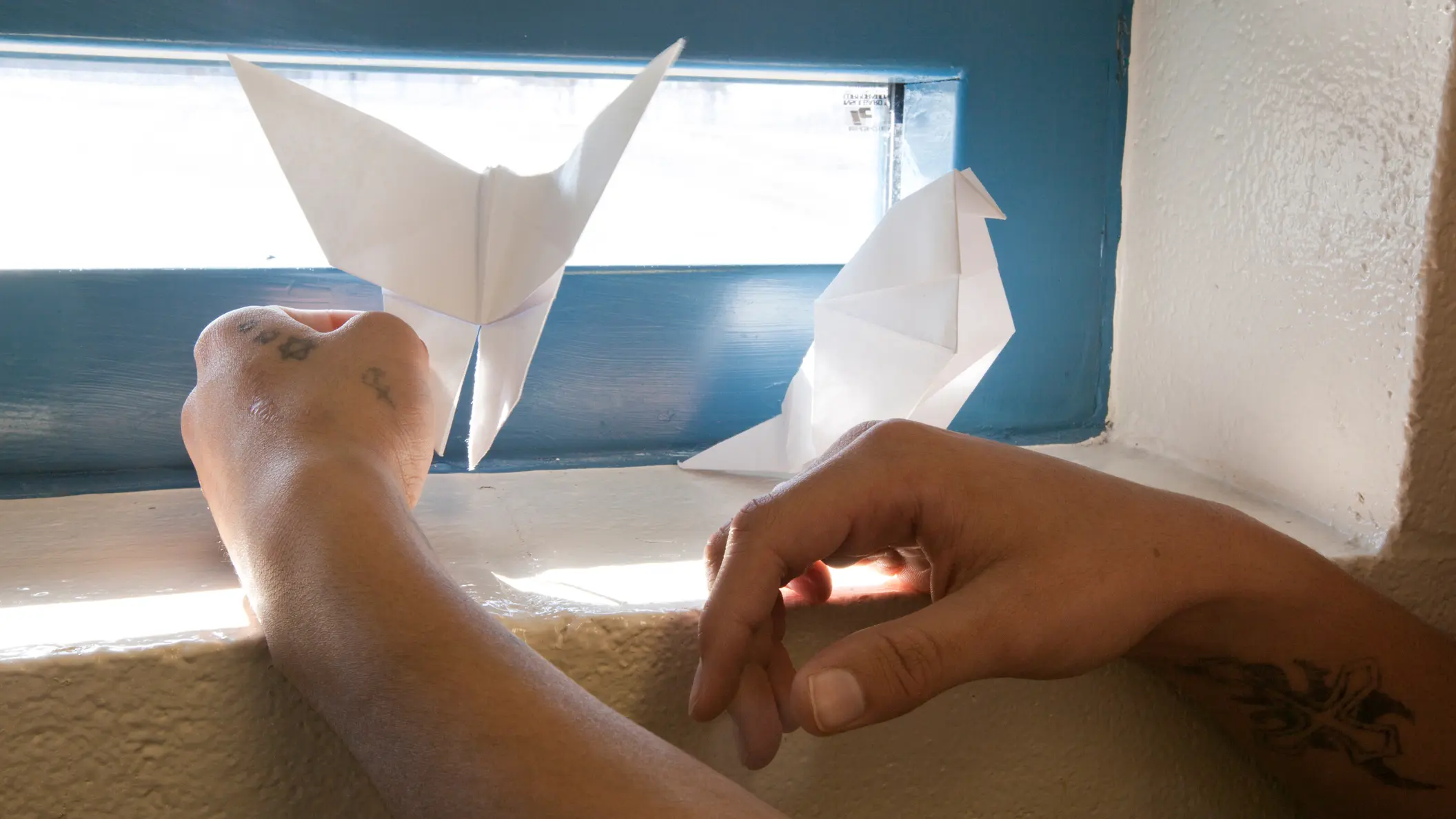Youth First State Campaign Planning Cohort Sessions
Between April and August 2021, Youth First held a series of virtual workshops on planning campaigns to close youth prisons. Recordings of the sessions, as well as materials relating to each topic covered, are available below.
Creating Your Campaign Structure and Governance Team
with Maine Youth Justice
When we talk about youth organizing we are talking about young people who are engaging in collective action and decision-making to transform, abolish, and build new institutions in their community
Session 1 highlights the youth justice work being done by Youth First partner Maine Youth Justice. Al Cleveland (Campaign Manager) and Skye Gosselin (Community Organizer) share their work to end youth incarceration in Maine and invest in a range of community-based supports that respond to young people’s needs, support families, and build community. Maine Youth Justice presents their campaign structure and how they have arranged their campaign and the relationship with each other, as well as how they organize their campaign for success. Issues including campaign governance, decision-making, and shared accountability are also covered.
We cannot forget that young people have innovative and creative solutions to the problems we are navigating
Other session materials
- Session Slides
- Maine Youth Justice Campaign Structure Chart (Maine Youth Justice)
Building Authentic Youth-Adult Partnership Within Your Campaign
with Hernan Carvente-Martinez, Youth First
Session 2 highlights the importance of authentic Youth- Adult partnership in establishing and building campaigns. Hernan Carvente-Martinez, National Youth Partnership Strategist for Youth First, shares his expertise and experience on the impact of engaging youth in shared decision-making power and having authentic young participation at decision-making tables. Youth engagement happens in youth and adult partnerships that are structured so that both groups contribute, teach, and learn from one another. This session also includes breakout rooms where state partners reflect and share how they incorporate youth within their campaigns.
Other session materials
Developing Your Campaign Principles
featuring Louisiana No More Prisons Campaign
It is important to know where we come from in order to move forward
Session 3 features Cheyenne Blackburn, Campaign Manager of the No More Prisons Campaign in Louisiana, leading a discussion on the need to ground your campaign in a common language and history. Cheyenne also facilitates an interactive exercise that helps develop shared values and campaign principles as organizations and/or coalitions build campaign work.
Other session materials
- Session Slides
- White Supremacy Culture in Organizations
- Intro to Mission Statements
- Creating A Mission Statement: A Step-by-Step Exercise to Define a Mission that Matters
- Nonprofit Vision and Mission Statement Worksheet
Staffing and Resourcing Your Campaign
featuring Virginia RISE for Youth
During your campaign, you are attempting to move and change the minds of powerful people; when we talk about power there are two kinds of power, people power, and money
Session 4 highlights Valerie Slater, Executive Director of RISE for Youth (Virginia). Valerie discusses the capacity needed to build out a successful campaign. Her presentation shares the work done at RISE and the various roles and responsibilities involved, explaining who you will need to have on board to fill key roles in your own campaign.
Other session materials
Conducting Youth Visioning Sessions
featuring Invest in Me CT Campaign
We wanted to be in directly impacted spaces to gather more than our perspectives
Session 5 highlights Iliana Pujols of Connecticut Justice Alliance. Iliana covers the importance of Youth Visioning Sessions, a tool designed to gather perspectives outside of our own and give a broader group of directly impacted youth the opportunity to contribute to policy change. Visioning Sessions allow campaigns to funnel information back and forth from youth leaders to community groups to policymakers. Iliana shares how visioning sessions have helped Invest in ME Connecticut build opportunity-rich communities where all youth and families can access the resources they need to succeed.
Other session materials
Articulating Your Campaign’s Goals and Demands
featuring Pennsylvania Care, Not Control Campaign
Session 6 highlights Michaela Pommells, of the Care, Not Control Campaign in Pennsylvania. Michaela leads a discussion about creating campaign goals and demands, including the importance of having realistic, concrete goals and demands. Campaign demands put people in power on notice of what you want and what you need to make that happen. In this session, Michaela walks participants through the steps of what it took the Care, Not Control Campaign to create campaign goals and demands.
Filling Out Your Campaign Plan and Power Map
with Mishi Faruqee, Youth First
Session 7 highlights Mishi Faruqee, National Field Director, Youth First Initiative. Mishi leads the group in a Campaign Jeopardy Game to help with campaign planning. The game reviews terms that are frequently encountered in campaign work, to help ensure that there is a shared understanding of these terms. The Raining Rocks Story is also shared to help identify the campaign’s vision and long-term goals. Lastly, a Power Mapping tool is shared to help your campaign figure out who are the people in power that can help drive the change you seek in your community.
Other session materials
Envisioning Your Media and Communication Strategies
featuring Berlin Rosen
Reframing the narrative helps to focus on the issue that we want to talk about
Session 7 highlights the BerlinRosen Communications Team. The session focuses on the importance of having a solid media and communications plan. This includes use of earned and unearned media, social media, media events, and other communications tactics to help you build awareness of and support for your campaign. The session also explains that getting media attention and raising public awareness are not goals in themselves, but contribute to your main goal: what your campaign hopes to achieve.
Other session materials
Finalizing Your Campaign Branding, Website and Internal Communications
featuring Balestra Media
Have you ever seen an image that just made you “feel” something big? Those images can be very helpful in the branding process- for colors, illustration, and concept.
Session 9 features the Balestra Media team talking about the importance of campaign branding. Ensuring your campaign has a brand identity can help strengthen a unified vision toward your campaign’s goal. This session explains how various branding platforms like websites can be a key step in visually engaging your audience.
Other session materials
Planning Your Campaign Launch
featuring New Jersey 150 Years is Enough Campaign
Youth involvement was at the core of our campaign structure and launch
Session 10 highlights the process for planning your campaign’s launch and features Retha Onitiri, of the 150 Years is Enough Campaign in New Jersey. This session is a culmination of all the previous sessions and describes how to carry out your campaign launch and announce to the world that you are ready to take on your campaign’s fight. The session also guides you in planning an event to launch your campaign.
